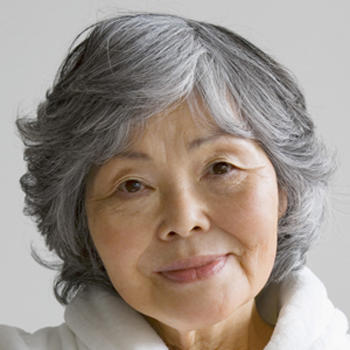Special Spotlight: Asian American and Pacific Islander Heritage Month
, by CRCHD Staff
CRCHD joins the rest of the nation in honoring AAPI Heritage Month in May. AAPIs have the highest incidence of both liver and stomach cancers, and are twice as likely as whites to die from these cancers. May is also designated as Melanoma/Skin Cancer Prevention and Detection Month. While less common in African Americans (AA), melanoma/skin cancer is often detected at advanced stages in AA when it is harder to treat. And finally, the last day of May is recognized as World No Tobacco Day. American Indians/Alaska Natives have the highest rate of smoking in the U.S.
In view of this, CRCHD would like to recognize the contributions of NIH/NCI-supported investigators and community health educators by highlighting their research, prevention, training, and education efforts directed at addressing cancer health disparities.
The Asian American Network for Cancer Awareness and Training (AANCART ), a CRCHD Community Networks Program Center (CNPC) in California, continues its community-based participatory education, training, and research initiatives to reduce cancer health disparities in the AAPI community. AANCART is now offering culturally sensitive cancer education brochures and videos for the Asian public in a variety of Asian languages, funded under a U54 grant by the NCI Center to Reduce Cancer Health Disparities.
CNPC principal investigators Dr. Moon Chen from AANCART and Grace Ma from the National Asian Community Cancer Health Disparities Center (ACCHDC) discuss liver, colorectal, and cervical cancer disparities in AAPI populations in these educational videos. Individuals from various AAPI communities also provide their perspective on being diagnosed with cancer.
Anyone can get skin cancer, regardless of skin color. While skin cancer is less common among people with darker skin, it is often detected at later or advanced stages. In fact, data show that when Hispanics and other minority Americans are diagnosed with melanoma, the most severe form of skin cancer, it is usually at a later stage, when the disease is harder to treat. Learn more about skin cancer racially and ethnically diverse populations here.
Please visit the links below to learn more about cancer health disparities among AAPIs, skin cancer/melanoma and racially/ethnically diverse populations, and tobacco and health disparities:
- Cancer and Asians/Pacific Islanders (HHS Office of Minority Health)
- Cancer and Native Hawaiians/Pacific Islanders (HHS Office of Minority Health)
- Tobacco Research Network on Disparities (TReND)
